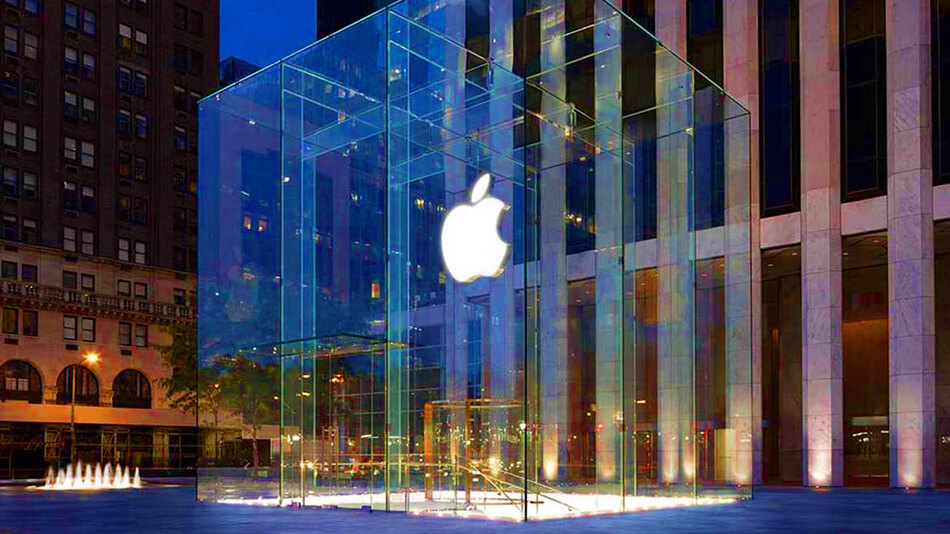On Tuesday Apple exposed that its App Store ecosystem has saved more than $1.5 billion fraudulent activities in 2020, highlighting its recapitulated action against bad players who relentlessly endeavor to use the floor for illegal activity.

The iPhone manufacturer has cheers new highs gratefulness in great part to the achievement of its services unit. And equal to this extension is the company’s support on privacy and security for its users, which it has strengthened up with R&D and deployment of key tools and functionalities.
Apple’s efforts are key to its ecosystem, which is an extremely complex web tying together its hardware, software, and human-team systems. According to Threat Intelligence Report Nokia’s 2020, indicating analysts and specialists believed the App Store as the ‘safest place’ to discover and download apps, which has also been approved by the US National Security Agency.
Payment activity arguably the most significant and intriguing part of e-commerce was the best focus for Apple, as it was able to block over three million cards from being lifted, with more than one million accounts halted from transacting repeatedly resulting in over $1.5 billion value.
Apple’s App Review team the store’s fundamental line of security has their hands full evaluating each and every app proposed for formation while fastening out developed guidelines to keep up with continually changing intimidations and policies.
Over 180,000 developers were supported in launching their apps, but it wasn’t flat sailing all the time: Apps can take various revisions before being accepted, due to reasons such as not operating correctly or neglecting enough conservative user-generated content.
As such, nearly one million doubtful new apps, plus further one million updates, were either denied or eliminated for these purposes in 2020 solely.
A more modest set of apps were hurled for other infractions such as objectionable content, diminished activity, were determined to have undocumented features, and determined to be spam, copycats, or misleading users into making excessive shopping. More than 215,000 apps alone were preserved for privacy violations.
Other apps were eliminated after their functionalities were shifted to become, among others, real-money gambling platforms, rapacious loan issuers, pornography hubs, and drug-trade platforms.
Ratings and reviews are also a deeply examined vertical on the App Store, regarding the predominance of bogus content. Apple states it uses machine learning, artificial intelligence, and human reviews on its complex system for this effort, guaranteeing accuracy and trust principles.
More than one billion ratings and over 100 million reviews were eliminated since 2020. Apple has also recently moved out tools to confirm the authenticity of ratings and reviews.
To measure fraudulent activity, Apple eliminated 470,000 developer accounts and denied 205,000 enrollments that had the purpose of using the App Store for illegal activity. On the anti-piracy front, approximately 110,000 illegal apps were discovered and finally blocked. And in the prior month solely, over 3.2 million instances of apps shared illicitly through the Apple Developer Enterprise Program were prevented.
Furthermore, 244 million customer accounts were deactivated due to crooked and corrupt activity last year, with a further 424 million denied as they explained patterns of this.

